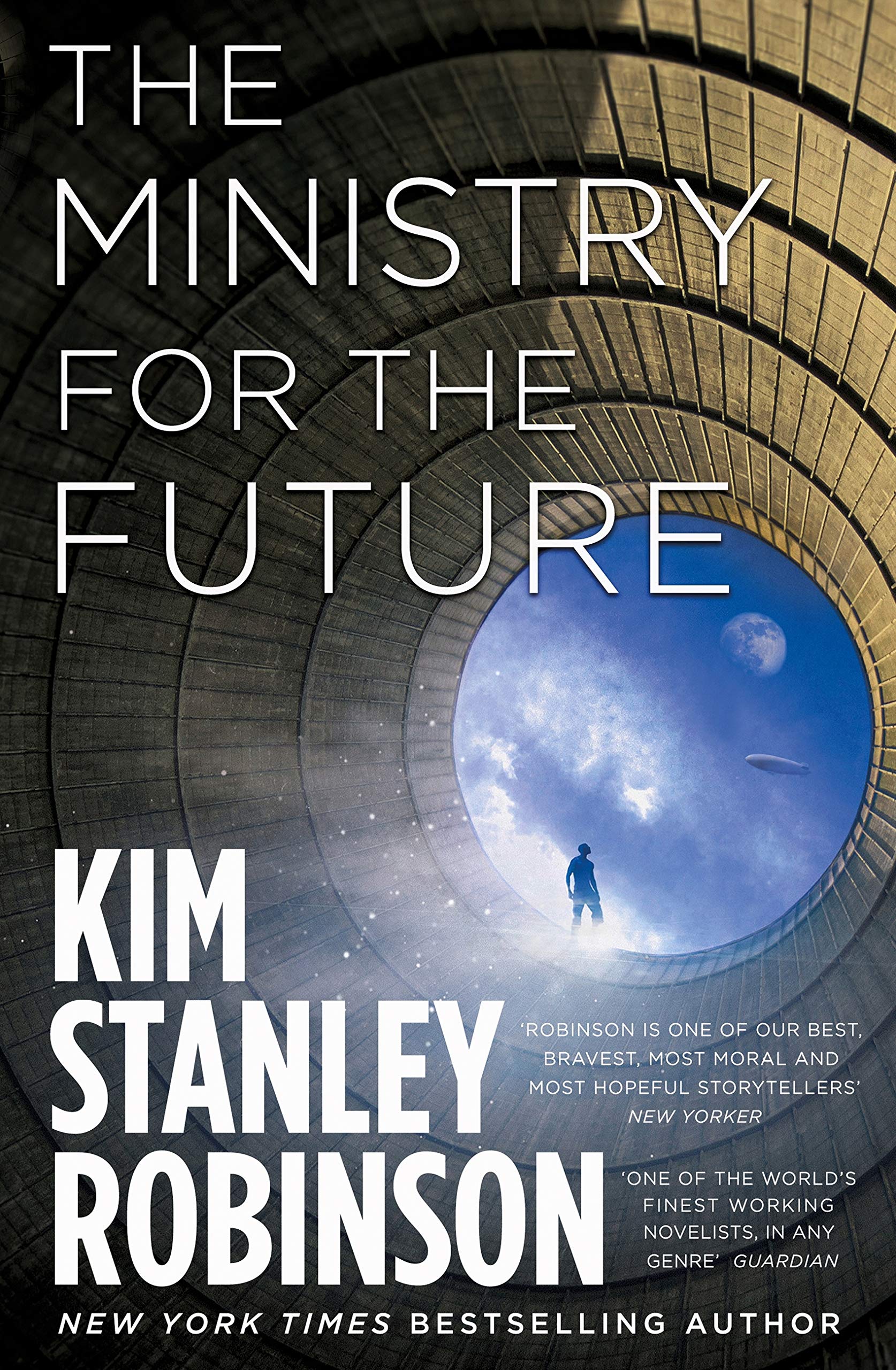The problem with Israel was never its Jewishness – Judaism has many faces and many of them provide a solid basis for peace and cohabitation; it is its ethnic Zionist character. Zionism does not have the same margins of pluralism that Judaism offers, especially not for the Palestinians. They can never be part of the Zionist state and space, and will continue to fight-and hopefully their struggle will be peaceful and successful. If not, it will be desperate and vengeful and, like a whirlwind, will suck all up in a huge perpetual sandstorm that will rage not only through the Arab and Muslim worlds, but also within Britain and the United States, the powers which, each in their turn, feed the tempest that threatens to ruin us all.








